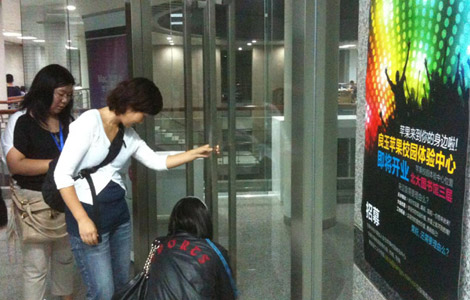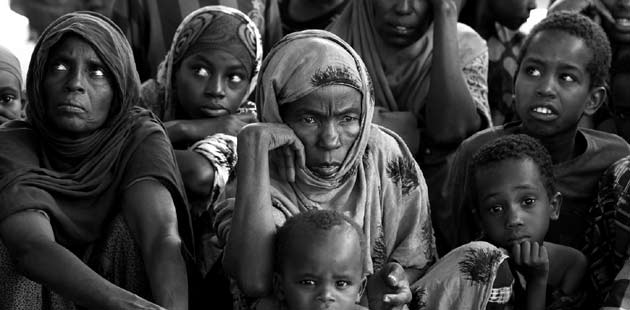Media reports about China unbalanced
Updated: 2011-09-17 09:22
By Fu Jing (China Daily)
|
|||||||||||
BERLIN - Western businesspersons and scholars are increasingly requesting constructive introspection from their media and politicians rather than the typical knee-jerk reaction of using China as a scapegoat for problems.
"We must adjust ourselves to the new reality, abandon our stereotypes and, in particular, arrogance, when we talk about China," Robert de Vos, chairman of the Brussels-based Europe-China Foundation, said on Friday.
The bias and misunderstanding toward China is a direct result of unbalanced reporting by Western media and inadequate communication, he said.
De Vos is among a growing voice in Europe with the confidence and courage to ask media and politicians for a fair assessment of China, encouraging them to visit China and view the country with their eyes.
At a conference in Berlin on Friday about China, a survey of the participants showed that only about one in 10 had visited the country.
Understanding China
"China has experienced tremendous changes, and this is the new reality," de Vos said. "If we don't adjust our views and attitudes, I am afraid this will affect our relations with China."
De Vos said many Europeans still mistakenly believe that Tibet is a country, which reflects their ignorance about China. "For hundreds of years, Tibet has been part of China, and millions of slaves in Tibet were liberated after the Communist Party of China assumed power," he said.
"Tibetans are still receiving huge financial and other support from the central government, and these are facts we should not lend blind eyes to."
Birgitte Wolf, managing director of Shanghai-based Management Engineers China Ltd, said nations should not impose their human rights standards on others.
Wolf, who is German, said she has been living in China for years and does not see the same country that is portrayed by Western media.
Wolf said China in the past decade has lifted millions from poverty, which is a huge human rights achievement that should not be ignored. "In some way, China has taken international responsibility by feeding such a huge population," Wolf said.
Rising multipolarity
Mammo Muchie, a professor at Aalborg University in Denmark, said objective attitudes toward China are vital for the younger generation, since countries will need to cooperate with each other in an increasingly multipolar world.
"We don't need to flatter or condemn China, but rather understand China," Muchie said.
Yaw Shin Leong, a member of Singapore's parliament, said the "key to managing challenges in a world where China is increasingly prominent may be an appreciation that all actors may have to work consciously and actively on coordination and mutual accommodation".
"A rising China cannot address major regional and global economic shocks on its own," Leong added. "Sound global governance and coordination is essential."
Hot Topics
Organ transplant bonds mother and son
Editor's Picks

|

|

|

|

|

|







